The resistance war against French colonialism entered a fierce phase, the Journalism School named after the patriot Huynh Thuc Khang was established in the mountains and forests of Viet Bac, the first and only course opened on April 4, 1949 in Tan Thai commune, Dai Tu district (Thai Nguyen) under the direction of President Ho Chi Minh . He directly named the school, demonstrating his strategic vision in building a team of revolutionary journalists.
Although it only lasted for 3 months, the course was a flame that lit the light of theory, professionalism and revolutionary spirit of journalism in the heart of the resistance war.
42 students are excellent political , military and journalist cadres from all three regions, trained by 29 lecturers, including many Party and State leaders, intellectuals, prestigious revolutionary soldiers with profound theories and rich practices such as Truong Chinh, Vo Nguyen Giap, Hoang Quoc Viet, Tran Huy Lieu...
The classroom is simple, in a bamboo hut in the middle of the jungle, but the knowledge taught here is the foundation for building a resilient, courageous and intelligent revolutionary press.
On July 6, 1949, the School held a closing ceremony for the course. President Ho Chi Minh sent a letter of commendation and reminded the school of four main points about the tasks, principles, purposes, and objects of each newspaper and the goals of journalism.
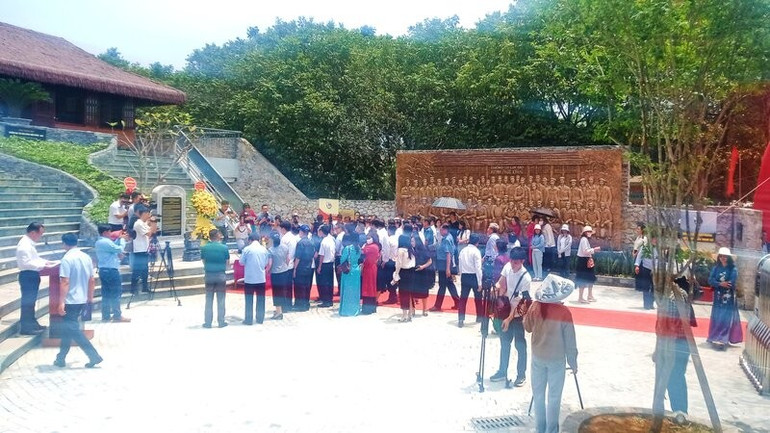
In the letter, President Ho Chi Minh emphasized that to write for a newspaper, one needs to: “1-Be close to the masses, if you just sit in a paper room and write, you cannot write practically. 2-At least know one foreign language to read foreign newspapers and learn from other people's experiences. 3-When you finish writing an article, you must review it 3 or 4 times yourself, edit it carefully, it is better to ask a few uneducated people to read it and ask them which questions or words they do not understand, then edit them to make it easier to understand. 4-Always try to learn, always seek progress...”. This teaching is the guiding principle for all future generations of journalists.
Huynh Thuc Khang Journalism School is a typical example of serious teaching and learning despite the extremely difficult resistance war situation. 42 students and 29 lecturers are truly the core of revolutionary journalism; they have laid the foundation for the glorious history of the country's journalism.
After the course, the students of the School have spread out in all directions, present in the fiercest battlefields, the hottest and most complicated fronts such as journalists Thep Moi, Chinh Yen, Tran Kien (Nhan Dan Newspaper); Mai Thanh Hai, Mai Ho (Cuu Quoc Newspaper); director Bang Bao, writer Huu Mai, poet Tu Bich Hoang (Viet Phuong), poet Hai Nhu ....
Celebrating the 100th anniversary of Vietnam's Revolutionary Press, these days, leaders, reporters, editors of hundreds of press agencies and Journalists Associations across the country have been flocking to visit, organize talks and seminars on the profession, ethics, style, and mettle of today's journalists at Huynh Thuc Khang Journalism School, now a national historical site. Huynh Thuc Khang Journalism School next to Nui Coc Lake has been restored almost to its original state with a thatched house and simple tables and chairs.
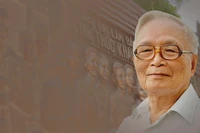
Untold story of 101-year-old journalist - rare living witness of Huynh Thuc Khang journalism school
Journalist Nguyen Ngoc Son, Editor-in-Chief of Thai Nguyen Newspaper shared: “Although we have visited the school - the relic of Huynh Thuc Khang Journalism School many times, every time we are moved to remember the students and teachers of the school who taught and studied in the resistance war with many difficulties and shortages but still overcame difficulties and studied seriously. Later, the students of the school became outstanding journalists and great cultural figures for us to learn from, practice and follow in our journalism journey”.
Leading a delegation of journalists to visit the Huynh Thuc Khang Journalism School in April 2025, comrade Le Quoc Minh, member of the Party Central Committee, Editor-in-Chief of Nhan Dan Newspaper, Deputy Head of the Central Propaganda and Mass Mobilization Commission, Chairman of the Vietnam Journalists Association emphasized: “Huynh Thuc Khang Journalism School is one of the sacred roots of Vietnam's revolutionary journalism. Every journalist who comes here today is to remember and show gratitude to the generation of journalists, the students of the school who wrote on the pages of newspapers soaked in sweat and blood, contributing to the Dien Bien Phu victory that shook the world and unified the country; at the same time, strengthening the ideals, consolidating the responsibility with the spirit that President Ho Chi Minh instructed, aroused and inspired the profession in the letter he sent at the closing ceremony of the course”.
The Huynh Thuc Khang Journalism School relic has been recognized as a national historical relic by the Ministry of Culture, Sports and Tourism.
The relic was restored, embellished and reconstructed by the Vietnam Journalists Association and Thai Nguyen province in a beautiful campus, next to the scenic Nui Coc lake in Tan Thai commune, Dai Tu district (Thai Nguyen).
The relic includes: a classroom house with restored teaching boards, teachers' desks and chairs; desks and chairs for students to sit properly while studying; a traditional house displaying hundreds of documents, artifacts, images, teachings of Uncle Ho, speeches of many lecturers and students; especially the relief portraits of lecturers and students of the first and only course of Huynh Thuc Khang Journalism School erected in the campus to remind everyone of the first class of revolutionary journalists who lived and wrote with all their heart to serve the Fatherland, serve the people, be loyal to the Party, and light up the Vietnamese revolutionary journalism that Uncle Ho built.
The school is the cradle of the first generation of revolutionary journalists, becoming a red address for the current and future generations of journalists to make a pilgrimage, pay tribute, and follow in the footsteps of their predecessors, and is a tourist attraction.
Source: https://nhandan.vn/noi-thap-sang-nen-bao-chi-cach-mang-viet-nam-post887245.html








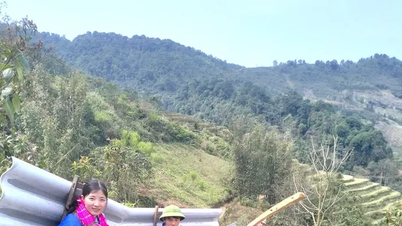

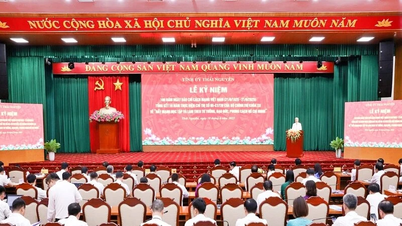
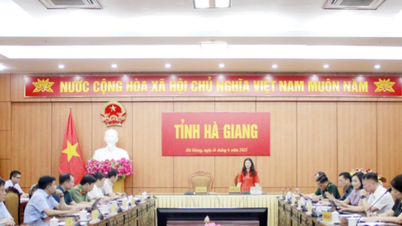
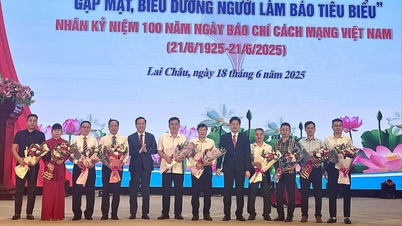
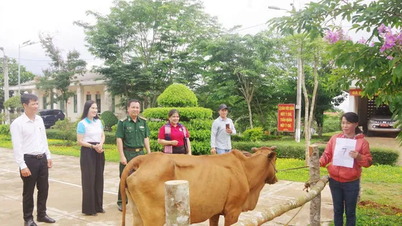
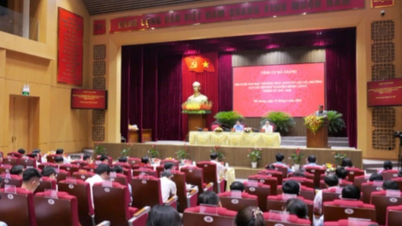




![[Video] Modern Journalists Use AI Properly: Lessons from an American News Agency](https://vphoto.vietnam.vn/thumb/402x226/vietnam/resource/IMAGE/2025/6/19/13d3520a1db54053952ee79023861c27)
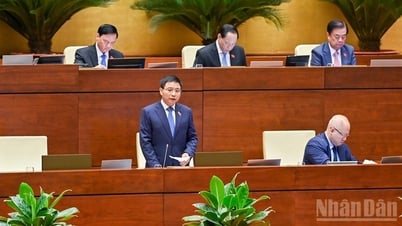

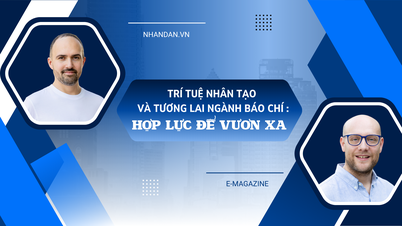
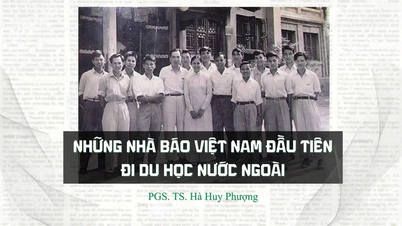





















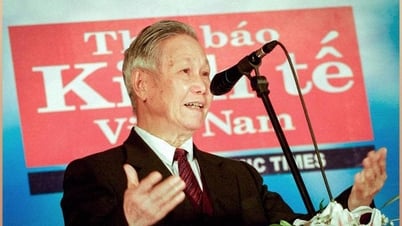



















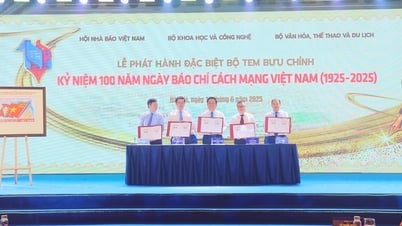

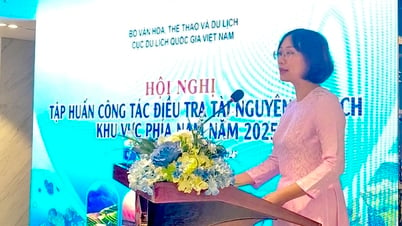
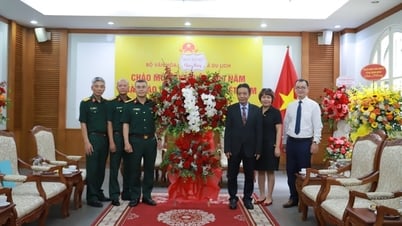
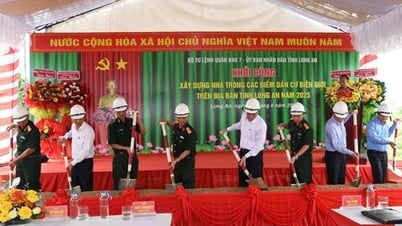



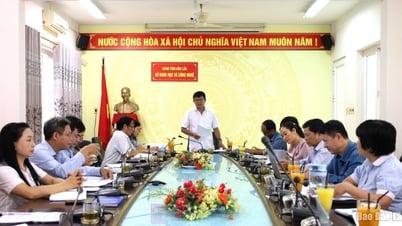

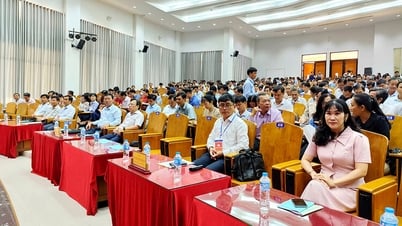

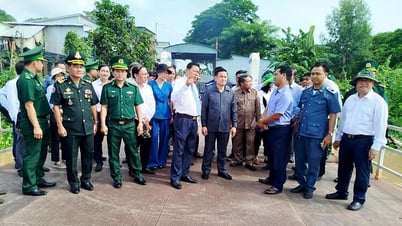
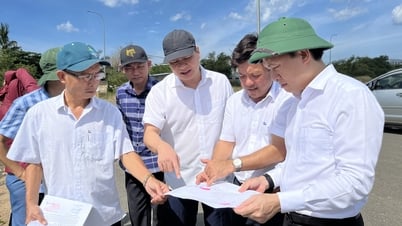









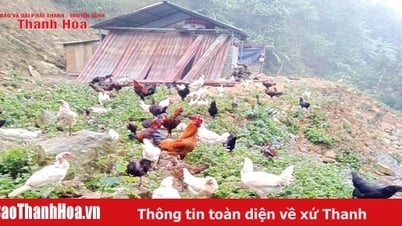



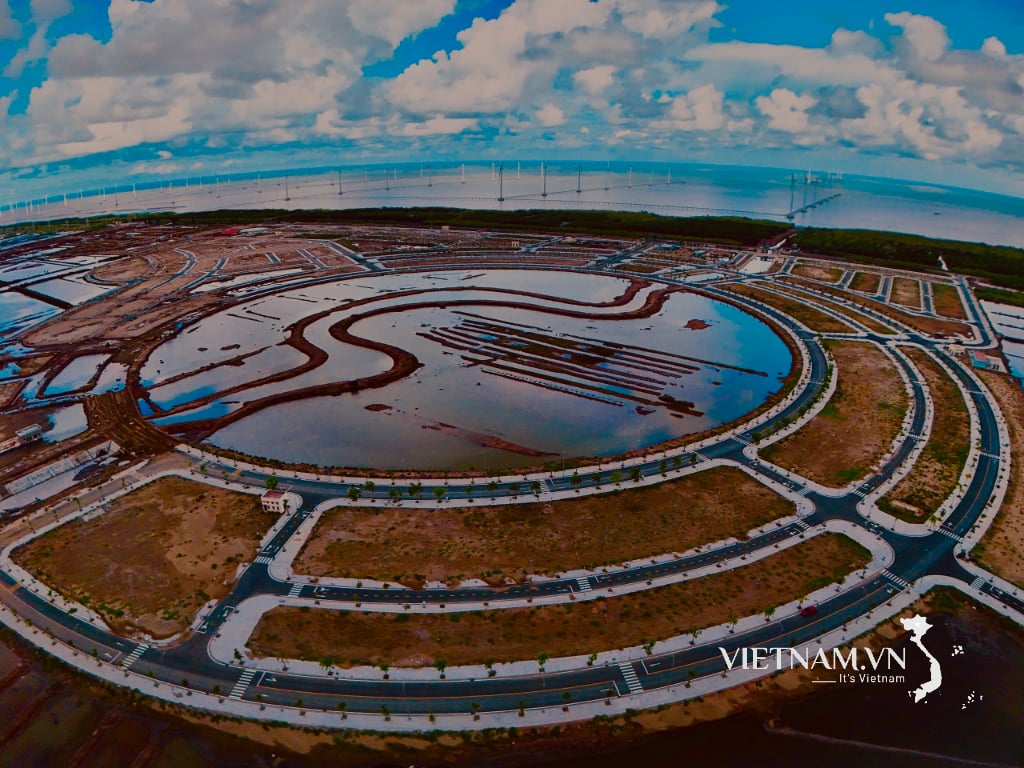
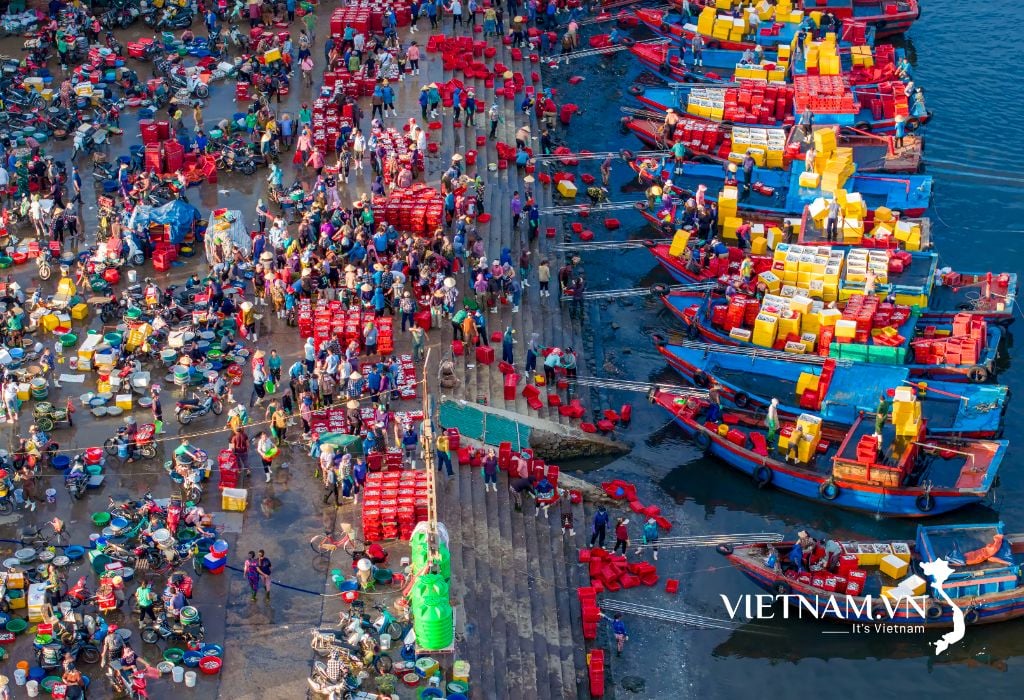
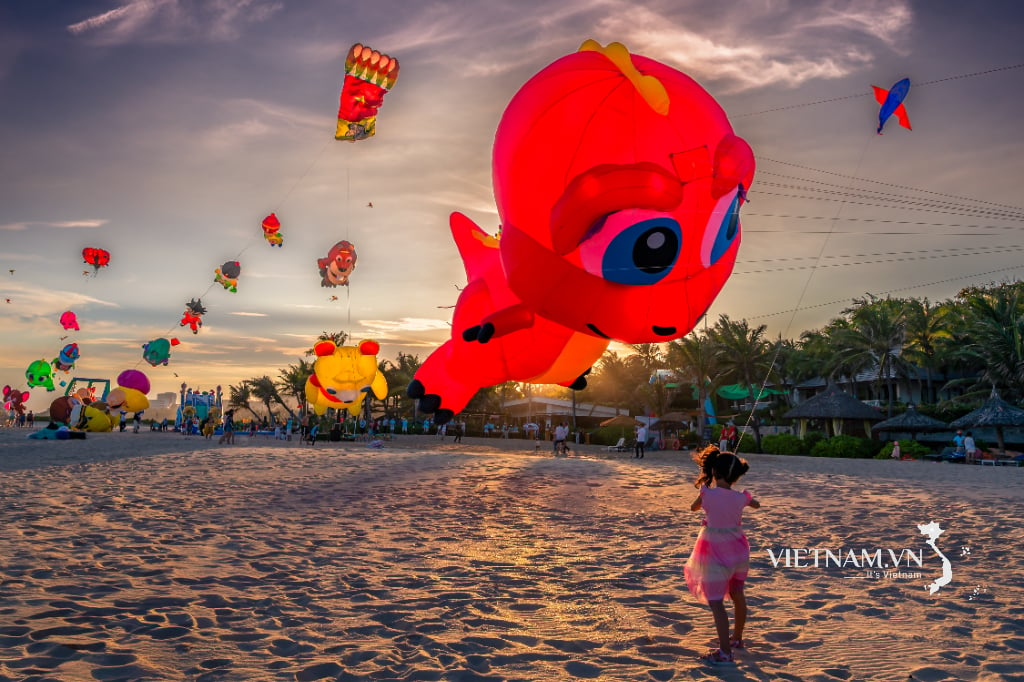

Comment (0)